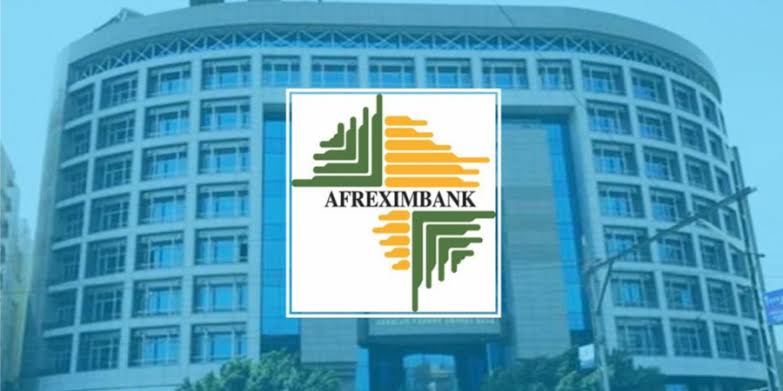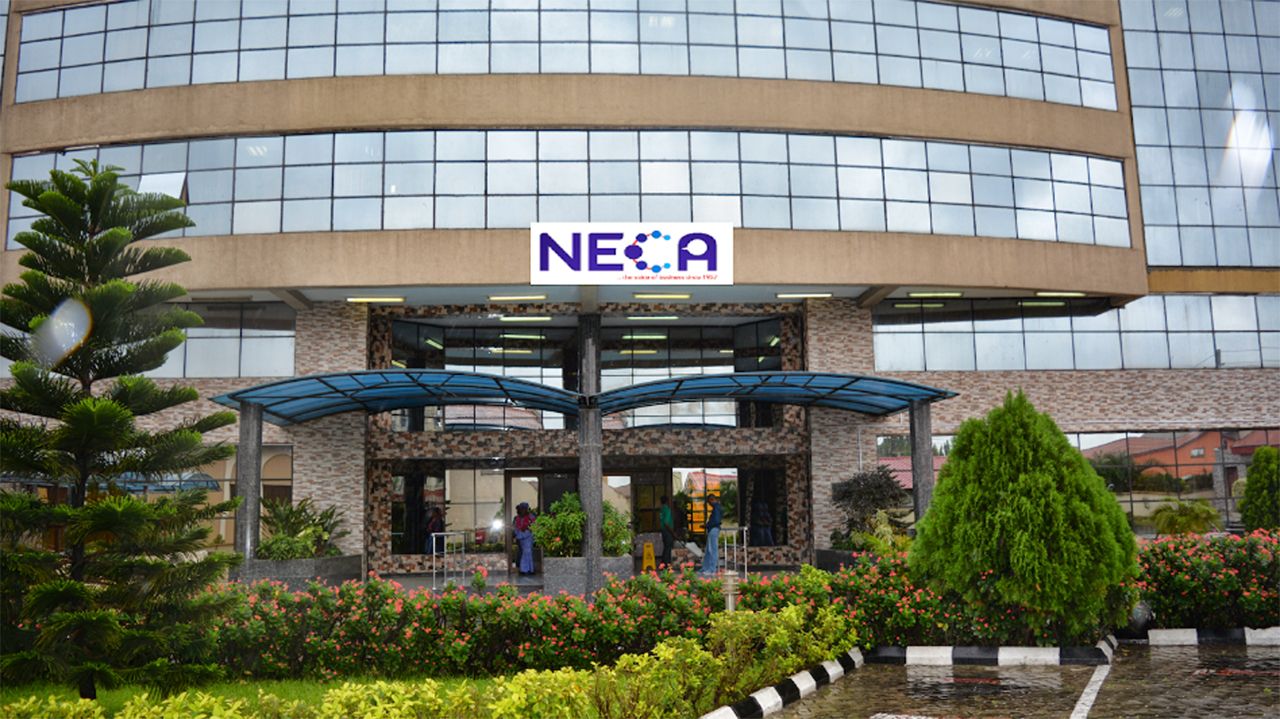The Lagos Chamber of Commerce and Industry (LCCI) has expressed concern over the recently approved 4500 million World Bank’s loan for Nigeria and told the federal government to focus on addressing Nigeria’s perennial problem of poor power supply and high cost of energy in order to create an enabling business environment where small businesses could thrive.
The LCCI expressed these views yesterday in a press statement titled “Balancing Relief and Responsibility: The $500 million World Bank Loan and Nigeria’s Economic Future,” in which it said that the loan might exasperate the country’s rising debt burden and expose Nigeria to fiscal vulnerabilities.
The Director General of LCCI, Dr. Chinyere Almona, said: “The LCCI stands on the point that a more impactful stimulus for economic growth is that the government solves the perennial problem of poor power supply and high cost of energy and creates an enabling business environment where small businesses can thrive, creating jobs and generating revenues for the government.
“While the World Bank loan offers immediate relief, long-term economic resilience can only be achieved through a comprehensive strategy that fosters economic diversification, enhances productivity, and strengthens institutional frameworks for effective governance.”
Almona argued that from a business perspective, while targeted stimulus programs could offer temporary relief, structural economic challenges such as inadequate infrastructure, multiple taxations, and foreign exchange volatility still remained unaddressed.
She said that “businesses require a stable operating environment, and while social welfare programs are essential, they must be complemented by policies that foster productivity, investment, and job creation.
“There is also concern about the efficiency of fund allocation and utilisation; given that only 16 per cent of previously approved World Bank’s loans under the current administration have been disbursed.
“This raises questions about the absorptive capacity of relevant institutions and the risk of funds being underutilized or mismanaged.”
She also noted that the loan’s direct impact on small businesses and vulnerable populations, through grants and livelihood support, presents a potential short-term stimulus that could enhance food security and community resilience, mitigating the effects of economic hardship at the grassroots level.
The chamber warned the government to consider the broader macroeconomic effects of seeking external borrowing given the slow pace of disbursement and implementation of previously approved loans.
It said: “With the World Bank’s share of Nigeria’s external debt reaching $17.32 billion, the question of debt sustainability becomes increasingly pressing.
“If not efficiently managed, additional borrowing could exacerbate fiscal vulnerabilities, weaken investor confidence, and limit the government’s ability to execute long-term economic reforms,” the chamber said.
Nevertheless, the LCCI recommended strategic approaches to the government in order to maximise the benefits of this loan while mitigating its associated risks.
It said: “There must be a transparent and efficient disbursement mechanism that ensures funds reach the intended beneficiaries, particularly small businesses and vulnerable communities.
“A robust monitoring and evaluation framework should be established to track the impact of these funds and prevent misallocation.
“The government should adopt a prudent debt management strategy that prioritises concessional financing and ensures that borrowed funds are tied to projects with clear economic returns.”
It also recommended the strengthening of domestic revenue generation through tax reforms and expanding the productive base of the economy in order to reduce reliance on external borrowing.
“Beyond short-term palliatives, the government must implement structural reforms that create a conducive business environment. Policies should focus on improving infrastructure, ensuring policy consistency, and addressing foreign exchange challenges to support private sector growth and attract investment,” LCCI said.





